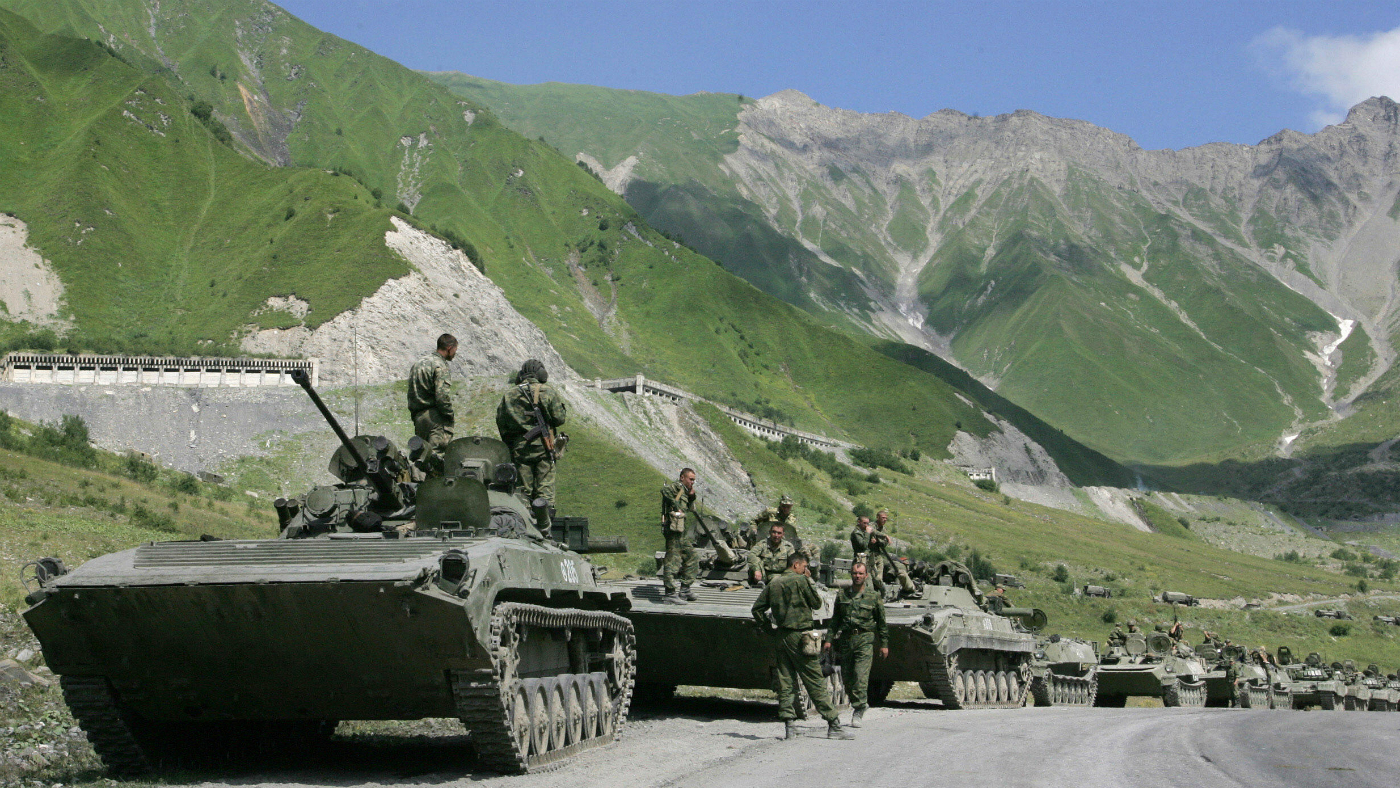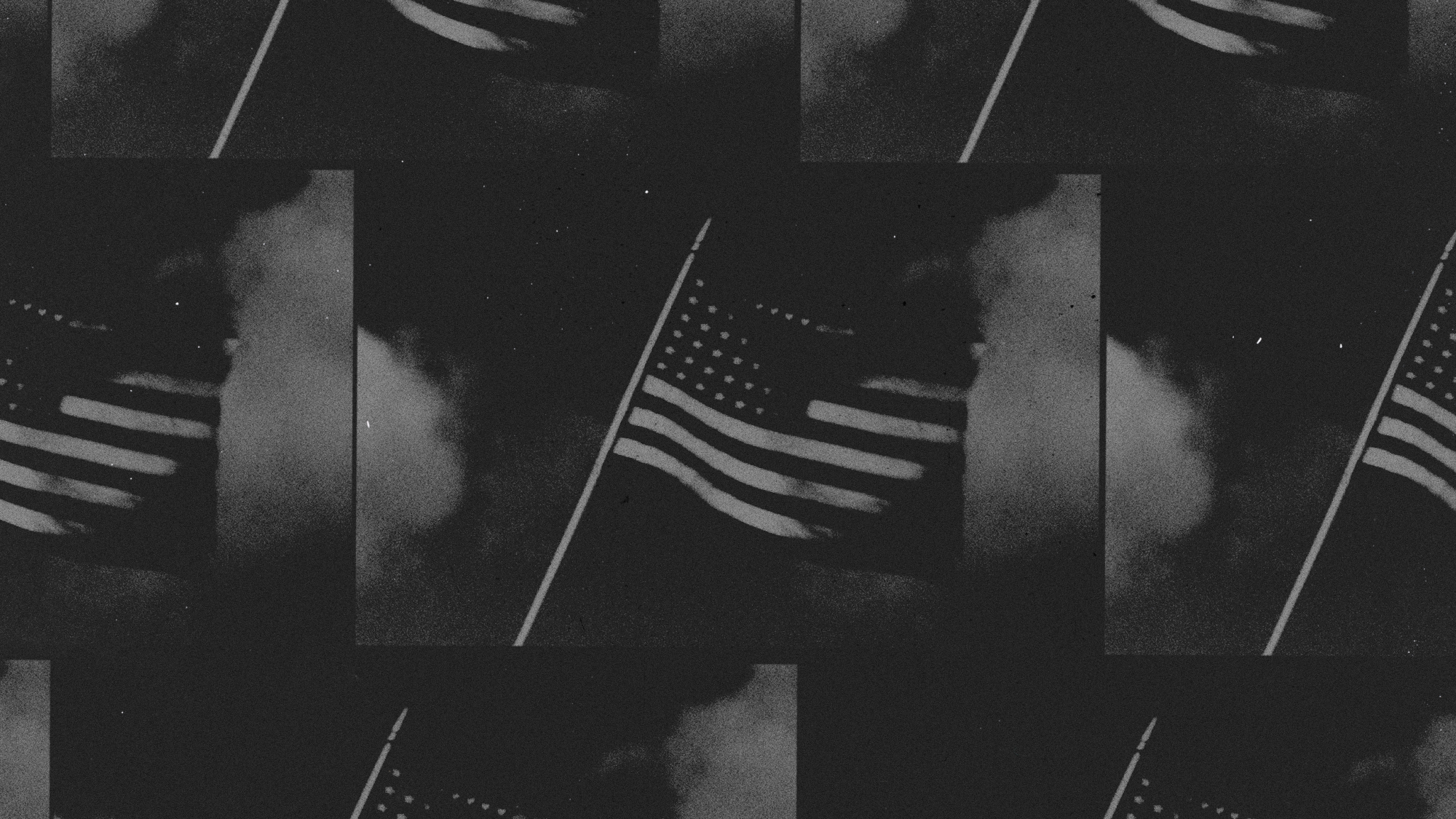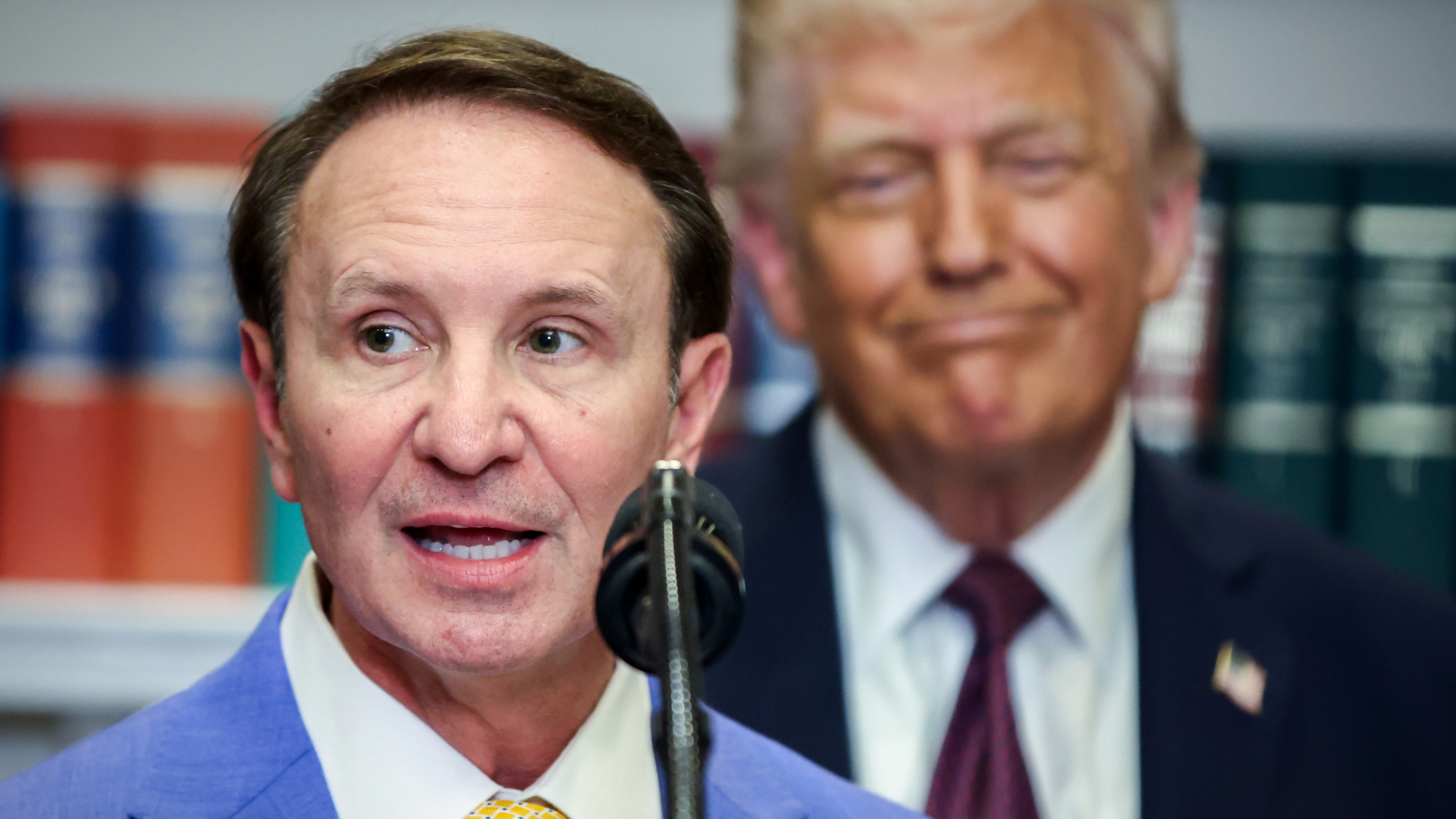Is Russia eyeing up Georgia again?
Russian PM Dmitry Medvedev threatens ‘terrible conflict’ as neighbouring nation edges closer to Nato accession

A free daily email with the biggest news stories of the day – and the best features from TheWeek.com
You are now subscribed
Your newsletter sign-up was successful
Russian Prime Minister Dmitry Medvedev has warned that the possibility of Georgia joining the North Atlantic Treaty Organisation (Nato) could trigger a “terrible conflict” and questioned why the military alliance would consider such a move.
Medvedev’s comments yesterday come weeks after President Vladimir Putin warned Nato against cultivating closer ties with Ukraine and Georgia, saying that such a policy was irresponsible and would have “consequences”, Reuters reports.
Nato requires all members states to agree to defend other members in response to an attack by any external party. Russia is not a member.
The Week
Escape your echo chamber. Get the facts behind the news, plus analysis from multiple perspectives.

Sign up for The Week's Free Newsletters
From our morning news briefing to a weekly Good News Newsletter, get the best of The Week delivered directly to your inbox.
From our morning news briefing to a weekly Good News Newsletter, get the best of The Week delivered directly to your inbox.
The independent nation borders fellow former Soviet Union state Georgia, and waged a brief but consequential war against its neighbour in 2008 over Georgia’s potential accession to Nato.
Medvedev’s apparent threats of a fresh conflict have been condemned by Georgia’s Foreign Ministry, which claimed that Russia was “conducting large-scale military drills involving thousands of troops and hundreds of vehicles in the breakaway regions of Abkhazia and South Ossetia”.
“We shouldn’t be afraid to call things by their names. What Russia did and is doing against a sovereign government is a war between Russia [and] Georgia; it’s aggression, it’s an occupation and it’s a violation of all international norms,” Georgian President Giorgi Margvelashvili told ministers from Poland, Lithuania, Latvia and Ukraine at a meeting in the capital Tbilisi.
“The aggressor’s appetite has only increased after the invasion,” he said.
A free daily email with the biggest news stories of the day – and the best features from TheWeek.com
What happened in 2008?
The debate surrounding Georgia’s accession to Nato is a long-running and contentious one. In January 2008, the country put the question to the public in a non-binding referendum, which saw 77% of its citizens come out in support of joining the alliance.
Nato subsequently assured Georgia that it would be able to join.
However, the threat of such a move saw the country’s relationship with Russia deteriorate rapidly, sparking a diplomatic crisis that eventually led to war and the annexation of parts of Georgia by Russia. Medvedev was then president of Russia.
Russian tanks entered South Ossetia on 7 August 2008 under the pretence of coming to the aid of the region’s citizens, many of whom had been given Russian passports by the Kremlin.
Within days, Russian forces, flanked by local separatists, had established total control of South Ossetia and even attacked the suburbs of Tbilisi.
The military of the separatist Republic of Abkhazia, a remote region in the west of Georgia, used the opportunity to open a second front against Georgia and declare independence, with the help of Russia.
With the Russian army poised to advance into Tbilisi, Medvedev accepted a truce mediated by the European Union, although Russia refused to relinquish control over Abkhazia and South Ossetia.
Could war break out again?
Asked what would happen if Georgia joined Nato without the two disputed regions, and whether there was a risk of conflict, Medvedev said: “Yes, clearly so, because we view Abkhazia and South Ossetia as independent states. We understand that if any other country claims that they are part of its national territory, this may have severe consequences.
“Therefore, I hope that the Nato leadership will have enough sense not to take any steps in this direction.”
Nevertheless, both Georgia and Nato appear willing to defy Russia. Reuters reports that prominent Georgian politicians remain “keen for their country to join the Western military alliance”, while Nato leaders discussed ties with Georgia at their summit in Brussels in July.
In an article for The Guardian, Tamar Beruchashvili, Georgian ambassador in the UK, writes that “occupation of 20% of the territory of sovereign Georgia and continuous military build-up seriously undermines security and peace in wider Europe and requires serious engagement from the international community”. Nato members must stand by their unilateral support for the nation, Beruchashvili says.
However, much of this may be political rhetoric and lip service, The Times suggests. “Despite verbal support for Georgia, some Western diplomats express disquiet in private at the prospect of it joining Nato,” says the newspaper. “They believe the alliance would be unable to protect it in the event of a conflict with Russia.”
Furthermore, under Nato rules, countries with territorial conflicts cannot join the alliance.
-
 How the FCC’s ‘equal time’ rule works
How the FCC’s ‘equal time’ rule worksIn the Spotlight The law is at the heart of the Colbert-CBS conflict
-
 What is the endgame in the DHS shutdown?
What is the endgame in the DHS shutdown?Today’s Big Question Democrats want to rein in ICE’s immigration crackdown
-
 ‘Poor time management isn’t just an inconvenience’
‘Poor time management isn’t just an inconvenience’Instant Opinion Opinion, comment and editorials of the day
-
 How corrupt is the UK?
How corrupt is the UK?The Explainer Decline in standards ‘risks becoming a defining feature of our political culture’ as Britain falls to lowest ever score on global index
-
 Is the American era officially over?
Is the American era officially over?Talking Points Trump’s trade wars and Greenland push are alienating old allies
-
 Trump’s Greenland ambitions push NATO to the edge
Trump’s Greenland ambitions push NATO to the edgeTalking Points The military alliance is facing its worst-ever crisis
-
 Can Starmer continue to walk the Trump tightrope?
Can Starmer continue to walk the Trump tightrope?Today's Big Question PM condemns US tariff threat but is less confrontational than some European allies
-
 The high street: Britain’s next political battleground?
The high street: Britain’s next political battleground?In the Spotlight Mass closure of shops and influx of organised crime are fuelling voter anger, and offer an opening for Reform UK
-
 Danes ‘outraged’ at revived Trump Greenland push
Danes ‘outraged’ at revived Trump Greenland pushSpeed Read
-
 Is a Reform-Tory pact becoming more likely?
Is a Reform-Tory pact becoming more likely?Today’s Big Question Nigel Farage’s party is ahead in the polls but still falls well short of a Commons majority, while Conservatives are still losing MPs to Reform
-
 Taking the low road: why the SNP is still standing strong
Taking the low road: why the SNP is still standing strongTalking Point Party is on track for a fifth consecutive victory in May’s Holyrood election, despite controversies and plummeting support